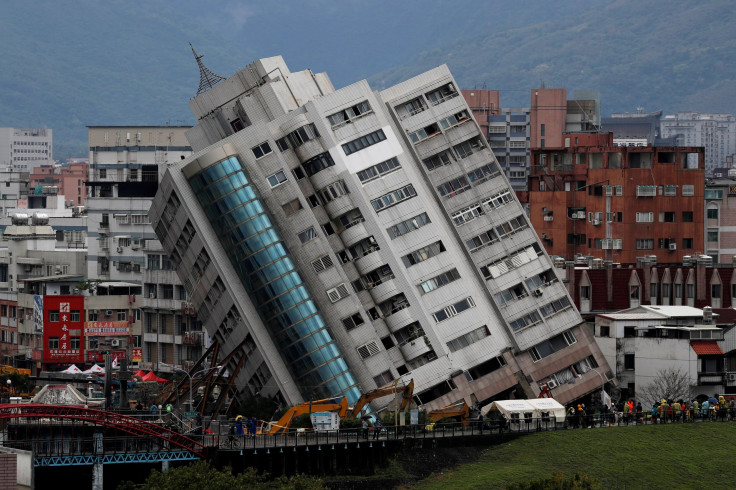Moon Is Slowing Earth’s Rotation, Could Cause Major Earthquakes

The Moon is causing Earth’s rotation to slow down, which could lead to stronger and more frequent earthquakes in the future, a new study suggests. In addition, researchers noted that the Moon’s effect on Earth could also destroy the planet’s ecosystem.
Earth uses kinetic energy to keep the planet’s tide ahead of the Moon’s orbit. However, since kinetic energy is limited, Earth’s rotation slows down as it tries to stay ahead of the Moon, Express explained.
Experts believe that the decrease in rotational speed could have an effect on the Earth’s core, which could then lead to stronger earthquakes.
To test this theory, Roger Bilham of the University of Colorado and Rebecca Bendick of the University of Montana analyzed data showing earthquake patterns from 1900. They narrowed down their observations on earthquakes with magnitudes higher than seven.
They discovered that since the early 20th century, strong earthquakes categorized as magnitude 7.0 occurred in five different years. Bilham and Bendick noted that the earthquake records that they found coincided with the years when the rotation speed of Earth slowed down.
Based on the data they have gathered, the researchers concluded that the number of intense earthquakes will increase in the future as Earth’s spin decreases. The findings of Bilham and Bendick’s work were published in the Geophysical Research Letters of the American Geophysical Union.
Aside from the frequency of seismic activity, the Moon’s effect on Earth could also lead to an increase in temperature and the destruction of the ecosystem.
Since the movement of ocean tides are dependent on the Earth’s rotation, a decrease in speed could cause significant changes on the planet’s large bodies of water. These could also lead to the formation of extreme weather patterns on different parts of the globe.
“Once Earth gets into this configuration, you can imagine the change in weather patterns that would result,” the Planetary Science Institute (PSI) in Arizona explained in a statement. “The night side would cool off significantly during the long period without solar heating.”
As for the day side of Earth, PSI noted that it would experience hotter temperatures.
© Copyright IBTimes 2024. All rights reserved.





















